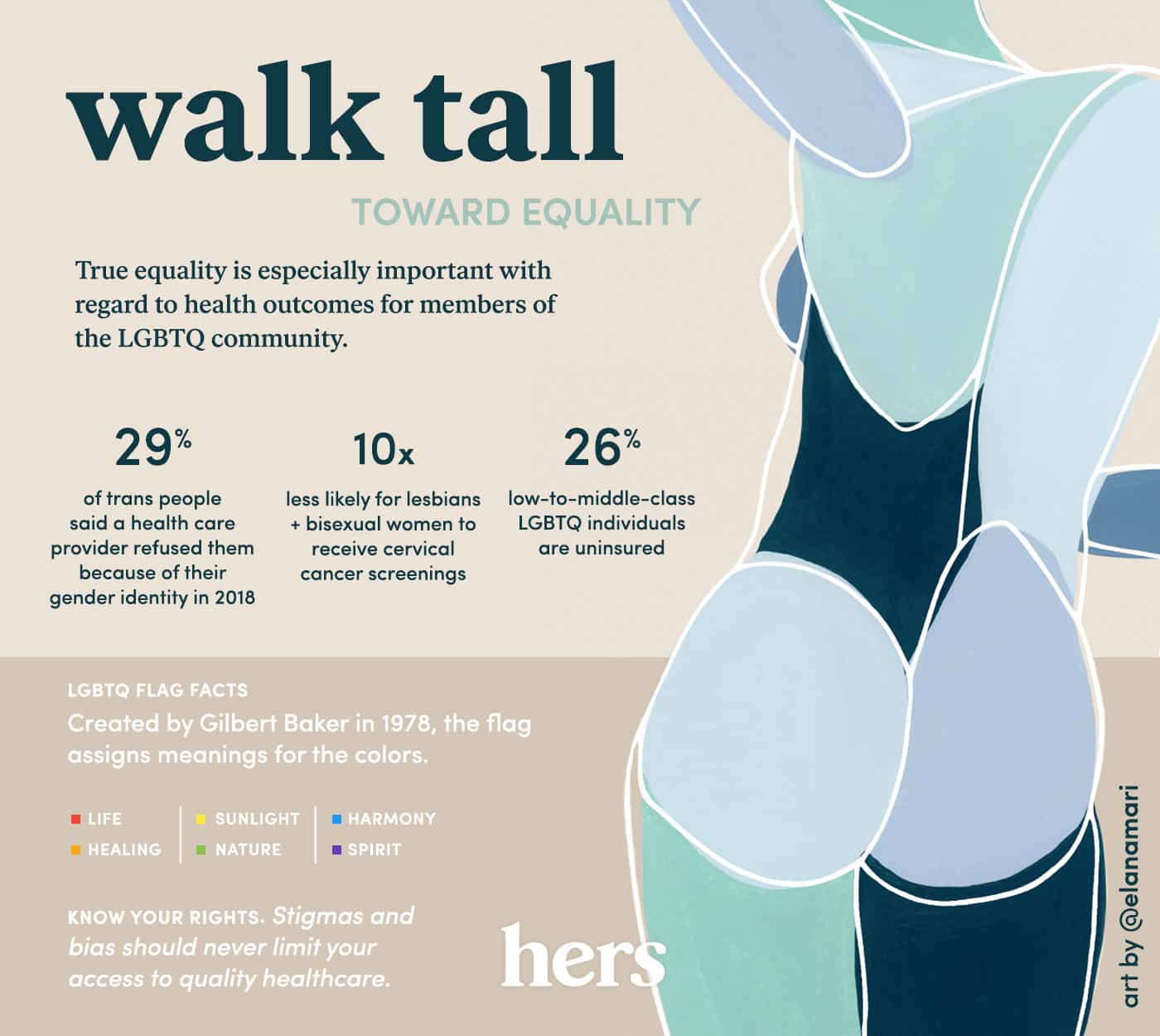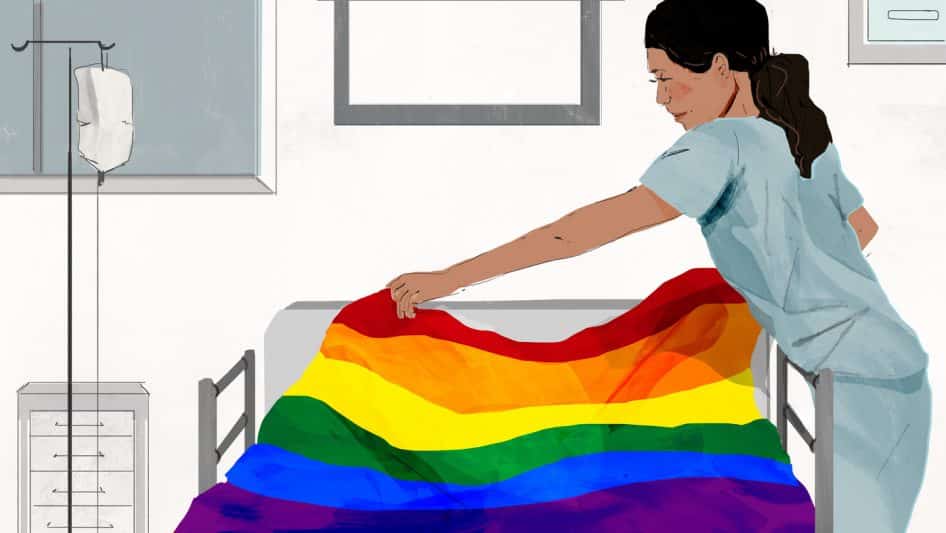LGBT Healthcare Disparities.
The LGBT community faces healthcare barriers far too often. From denial of healthcare to ill-informed providers, the inequality of provided healthcare can become catastrophic. Here are some of the biggest healthcare disparities members of the LGBT community still face today:
Denial of Healthcare
Back in early 2018, the Conscience and Religious Freedom Division (CRFD) was created by the Department of Health and Human Services (HHS). This division grants healthcare providers the ability to choose who they provide or deny treatment to based on their personal beliefs. (Note: Did you know that 29% of trans people said a healthcare provider refused them treatment because of their gender identity in 2018? Not acceptable.)
In more recent news, the HHS announced a final-version of regulation that will diminish civil rights protection enforcement. This will lead to leniency when it comes to denying those in the LGBT community their right to the healthcare they deserve. Healthcare discrimination is an outrage and it’s disastrous to the well-being of our country.
Birth Control
Preventing pregnancy is just one of many reasons one would choose to go on birth control. It’s a method used for numerous health concerns, however, many have misconceptions about its purpose and benefits. A few examples of non-pregnancy related uses include aiding in PMS symptoms, hormonal acne, inconsistent periods, and gender dysphoria.
Most healthcare providers understand the use of birth control for regulating hormonal imbalances. However, some don’t understand the concept of gender dysphoria. Although not all individuals experience gender dysphoria from their cycle, some do. This happens when there’s an affliction between what your body looks like and your gender identity. It’s not uncommon for those who have periods, yet don’t identify as a woman, to go on birth control to reduce their bleeding and symptoms. Luckily, there are now more ways to access birth control without insurance, such as through a local Planned Parenthood or by ordering birth control pills online through a telemedicine service.
STI
Many healthcare providers don’t fully comprehend the unique sexual risks the LGBT community faces. Since many healthcare professionals lack the necessary knowledge and understanding to properly educate LGBT individuals, a lot of that responsibility will fall on you to find the right answers. For example, there’s been misinformation around lesbians being able to contract STI’s. Some providers believe it’s unlikely or even impossible since sex isn’t traditionally penetrative for lesbian couples. However, this ill information puts LGBT individuals at risk of infection since STI’s can be contracted and spread through any sexual activity, regardless of sexual orientation or preference.
In order to take the best possible care of yourself, it’s essential that you get tested regularly and always discuss status and testing before engaging in any sexual activity with others. You can set up a yearly appointment with a doctor, or go to a local LGBT-friendly clinic if that’s most comfortable, to test for sexual infection or disease. You can even order an at-home STI testing kit if you want more privacy. You should also consider taking additional precautions each time you have sex with a new partner and get tested if you have unprotected sex.
Cervical Cancer Screenings
It’s crucial for individuals with a cervix to get a cervical cancer screening every three years via a pap smear. Unfortunately, many healthcare professionals incorrectly believe that straight women are at higher risk for this over others. This assumption roots from the viewpoint that women who have not slept with a man, or who don’t currently sleep with men, are at low risk for developing cervical cancer, which is simply not true.
Anyone with a cervix can develop cervical cancer, regardless of who they have sex with. Therefore, the lack of screenings, because providers don’t think you need them, is detrimental to the LGBT community’s access to healthcare. If you’re not familiar with cervical cancer screenings, learn more here. Be sure to stay on top of your pap smears to ensure your health isn’t compromised and you can catch any issues early.

By Guest Writer






























